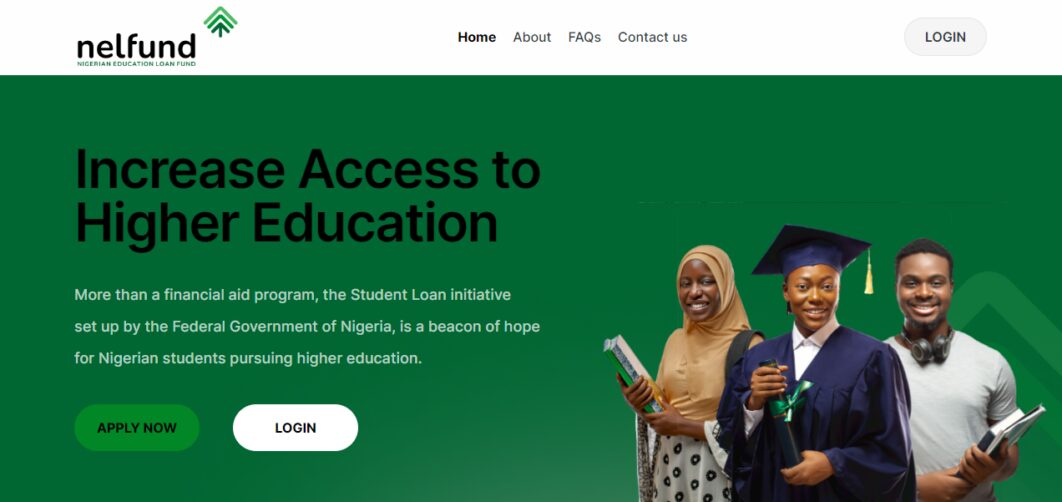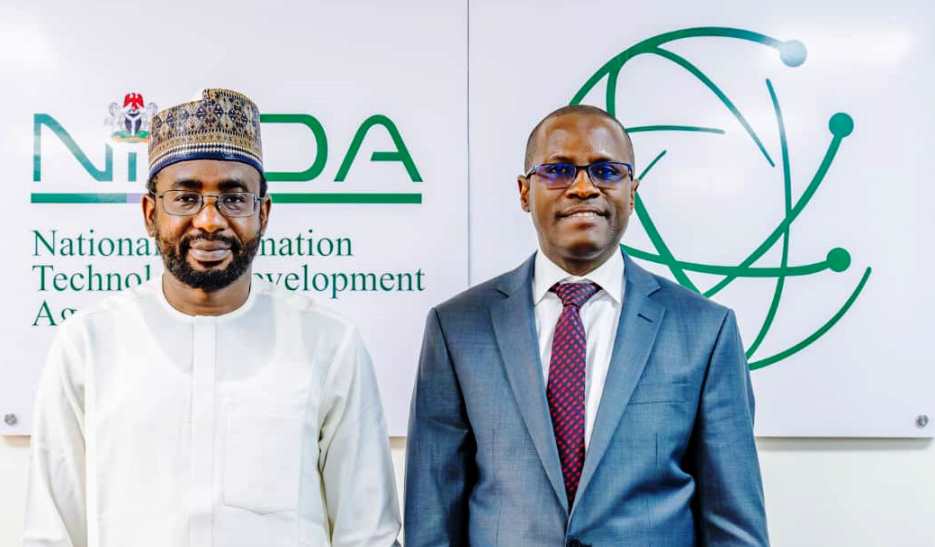Nigerian students and their families are facing a critical deadline as the Nigerian Education Loan Fund (NELFUND) has announced the final 48-hour window for tertiary institutions to complete the all-important student verification exercise. This move, according to NELFUND’s Director of Strategic Communications, Mrs Oseyemi Oluwatuyi, aims to ensure that every eligible student is officially captured and validated in the 2024/2025 education loan application cycle. The portal, reportedly, will be open from 12:00 a.m. Sunday, October 12, until 12:00 a.m. Tuesday, October 14, giving institutions across Nigeria and eligible students a narrow but significant chance to comply.
Crucial Deadline to Avoid Exclusion
This extension is particularly consequential for students whose institutions have not yet finished the verification process. As highlighted by Mrs Oluwatuyi in an official statement released in Abuja, failure to complete these requirements means that the institutions—and by extension, their students—will be excluded from accessing this year’s education loan cycle. “Institutions are strongly advised to make full use of this final opportunity,” Oluwatuyi emphasized. She added that non-compliant schools will face public disclosure, and their students risk losing access to vital financial support.
Background: Why Verification Matters
The student verification initiative forms a cornerstone of NELFUND’s broader goal to promote equitable access to higher education. With mounting economic pressures on families, the NELFUND loan is seen as a critical lifeline for thousands across Nigeria, Ghana, and the wider West African region. It allows students from diverse backgrounds the opportunity to continue their studies without the overwhelming burden of upfront tuition and fees. According to a 2023 UNESCO report, more than one-third of Nigerian students surveyed said financial constraints were the main barrier to attending or remaining in university.
Challenges Facing Institutions and Students
Despite the potential benefits, reports from university administrators in Lagos and Ibadan indicate that some schools have encountered technical glitches and delays in collating and uploading accurate data. According to Eduwatch Nigeria, verification can also be hampered by issues like incomplete student records, administrative bottlenecks, and internet connectivity problems in more rural institutions. Tertiary institutions are now under pressure to resolve these hurdles within the final 48-hour window.
Students like Chukwudi Okeke, a final-year engineering candidate at Ahmadu Bello University, have voiced concerns: “Our school started late, and now everyone is in a panic. If our names are not on the NELFUND list, that’s school fees gone, and my entire academic plans for next year could be finished.” Stories like Chukwudi’s are echoed in university communities across Abuja, Port Harcourt, and beyond.
Transparency, Accountability, and Public Disclosure
NELFUND’s insistence on transparency is not new, but the plan to publicly name defaulting institutions is unprecedented and has sparked lively debate among education commentators. According to Lagos-based analyst Bisi Ajayi, this move “puts the onus on schools to be more accountable. If your administration fails, your students suffer—and everyone will know about it.” While some argue this promotes much-needed discipline, others warn it risks unfairly penalizing students for failures beyond their control.
Comparative Practices in West Africa
Nigeria’s push for centralized student verifications is mirrored in neighboring West African countries like Ghana, where the Students Loan Trust Fund (SLTF) operates with similar standards. However, in Ghana, authorities usually offer staggered deadlines and provide technical support to institutions. Analysts say these extra supports could be considered in Nigeria moving forward to reduce last-minute rushes and institutional errors. “The complexity and size of the Nigerian tertiary system cannot be overstated,” notes Professor Kwame Mensah of the University of Ghana. “What works for Accra or Kumasi may need adjusting in Lagos or Kano, but regional collaboration can offer valuable lessons.”
Implications for the 2024/2025 Academic Year
The outcome of this verification exercise is of national significance. According to the National Bureau of Statistics, tertiary enrollment in Nigeria exceeded 2 million in the last session, with over 40 percent of applicants expected to seek education loans. Failure to participate in NELFUND’s loan scheme can lead to increased dropout rates, exacerbating existing youth unemployment and socio-economic disparities. Conversely, a smooth verification process can mean a brighter future for thousands of young Nigerians eager to contribute to the country’s growth.
Official Appeal and the Road Ahead
Restating the Fund’s mandate, Mrs Oluwatuyi affirmed NELFUND’s dedication to “fostering equitable access to higher education through efficient, transparent, and inclusive management of the scheme.” The agency also announced that the list of institutions that do not comply will be published for the sake of transparency and public accountability. This, she claims, aligns with the Fund’s vision of openness and fair play in educational development.
Local Voices React
Educational experts and parents have weighed in on the urgency of the matter. “We urge university officials not to play with the destinies of our children,” said Mrs. Ngozi Eze, a parent and education advocate in Enugu. Meanwhile, representatives of the National Association of Nigerian Students (NANS) have called for prompt government intervention where needed to ensure no eligible student is left behind due to bureaucratic lapses.
Possible Legal and Policy Reforms
Legal experts suggest that clearer guidelines and support channels should be institutionalized to prevent future last-minute deadlines. According to Barrister Tunde Ojo, “transparent appeal processes and more flexible support for remote or under-resourced institutions would help the Fund achieve its stated goals, while still holding all stakeholders to account.”
Looking Beyond Nigeria
The global relevance of schemes like NELFUND is increasingly recognized as student debt and educational access become global challenges. According to World Bank statistics, more than 20 African countries are piloting similar student loan and grant programs, reflecting a wider shift toward supporting young populations and building a skilled workforce for future economies.
Final Thoughts
As the window closes, the spotlight will remain on Nigeria’s higher education administrators to step up and deliver. Whether this push for timely verification produces the desired results—or exposes deeper institutional challenges—will be watched closely both at home and abroad.
How is your institution preparing for the NELFUND verification deadline? Do you think public disclosure of defaulting institutions is the best way forward, or should alternative support mechanisms be the focus? Share your thoughts in the comments and join the conversation for a better, more equitable education system.
For general support, you can reach us at support@nowahalazone.com.
Stay engaged and informed—follow us on Facebook, X (Twitter), and Instagram for the latest updates and opportunities in education!










